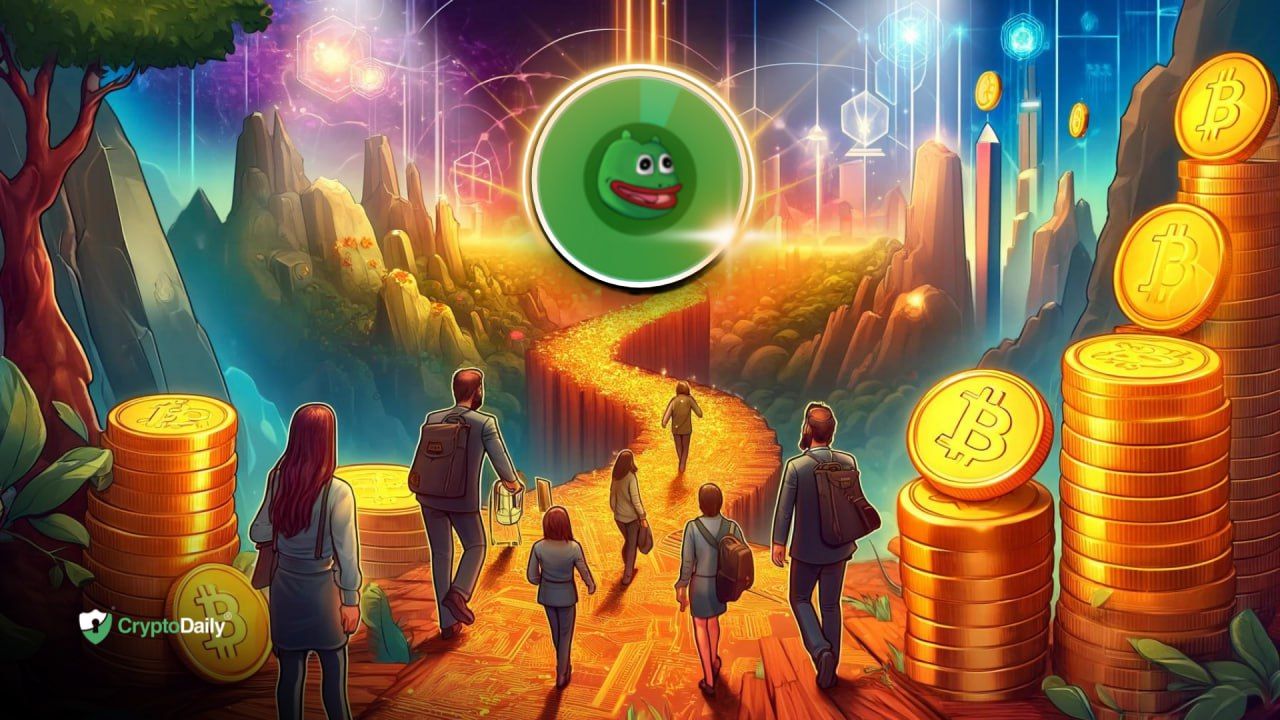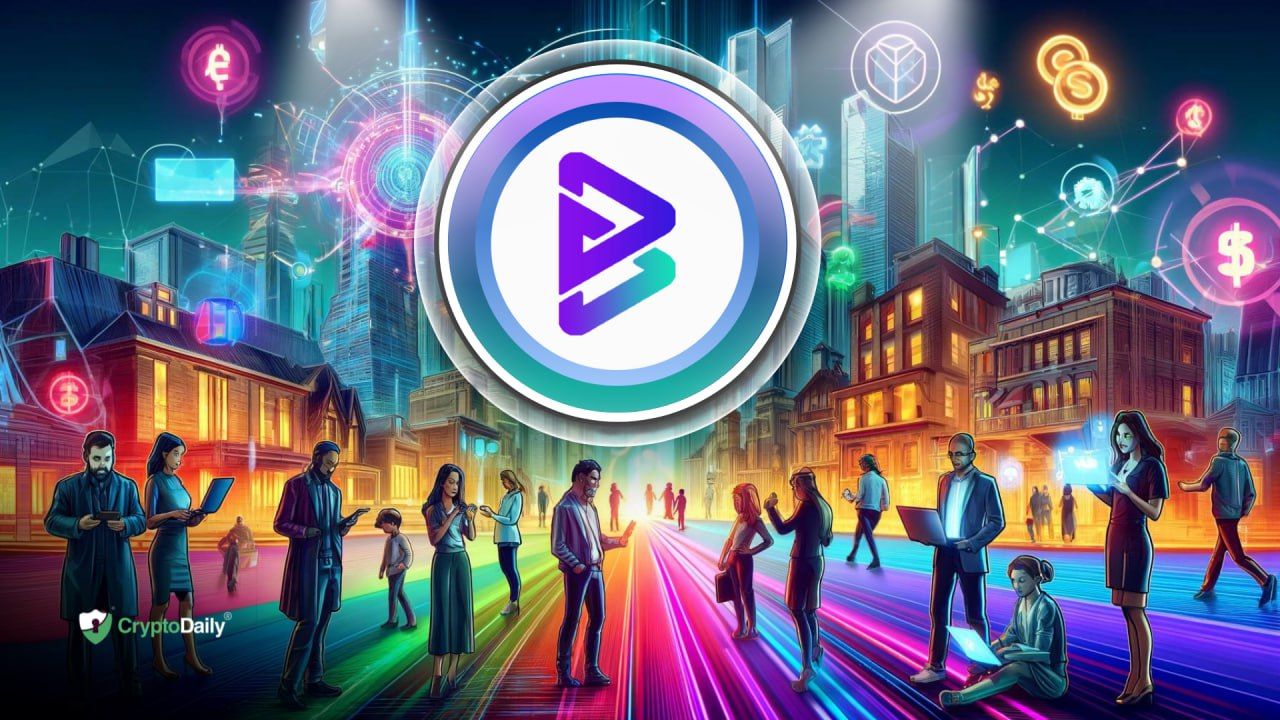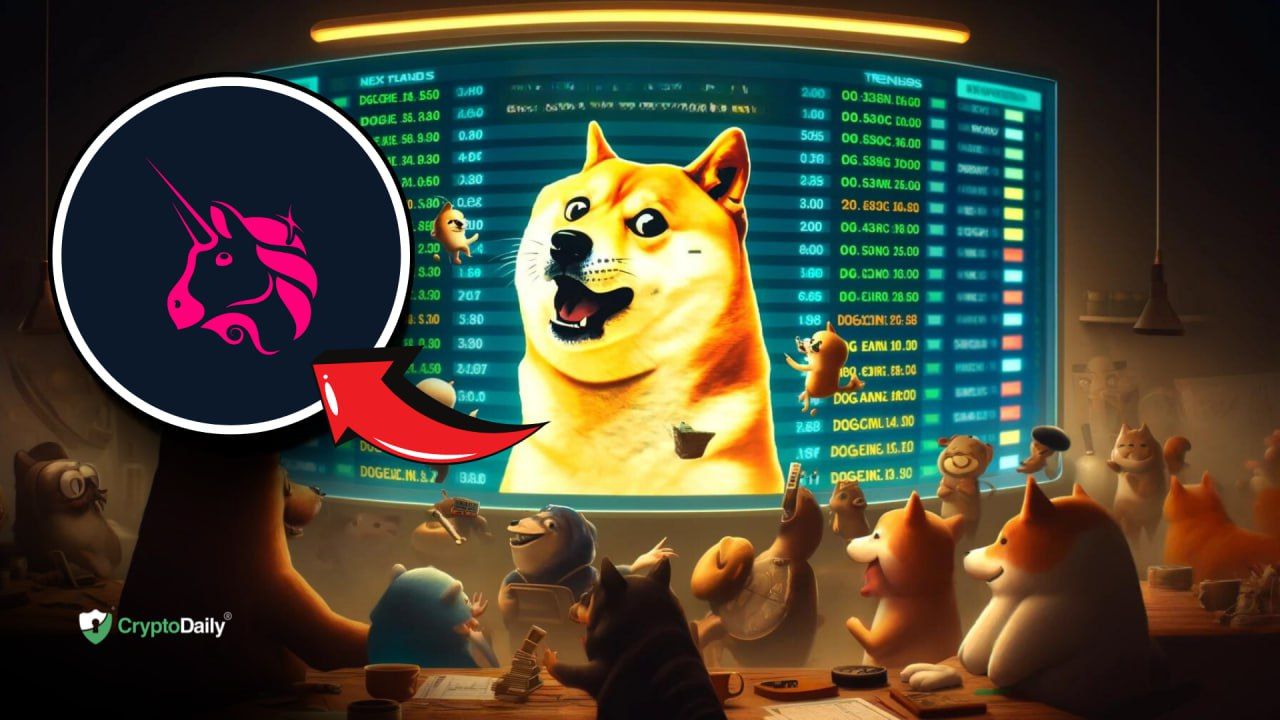Many industry professionals are calling the upcoming decade (2020-2030), as the Big Opportunities for Decentralized Autonomous Organizations disrupting emerging governance models.
DAO is a community which is emphasizing on fully transparency to the set of rules which are defined by its stakeholders, governed by smart-contract based computer program. In its simplest form, a DAO is an organization with a common mission, which is governed via a trustless protocol to facilitate decision making for a specific cause.
DAOS are here and challenge the status quo and promise to disrupt the governance of complex systems. 2019 has been a year of experimentation with clear references to successful case studies.
During 2010-2020 it is crystal clear that startup models replacing traditional and conservative markets have been replaced by the sharing economy. Challenger companies that miggle the physical world with technology are backed by billions to challenge the norms and set the new standards- while unlocking market’s competition.
In Silicon Valley disruption is a reference to business models powered by technology, imposing to the current rules of brick-and-mortar businesses leading to cheaper solutions for consumers, faster delivery, liberalization of the business relations, and usually with higher quality of services due to the publicly available rating performance.
While there is significant progress- due to the incumbent nature of internet and social media- a virtual world that lets anyone become an “investigative reporter”- there are no remarkable tech achievements in disrupting governance models. In a certain degree, the speed information travels via social media has created a higher degree of accountability, the decision making seems unaffected by the Web2.0.
Among the key reasons which push back the disruption of governance systems are associated due to the following reasons:
- Organisational cultures that are hard to change
- Structures once created are hard to operationalise
- Legacy systems
- Cultural resistance to change
- Technophobia
- Regulatory Risk
- Untransparent governance and “under the table” deals
Blockchain chip-in and promising to decentralize governance systems.
While there is a general confusion that the DAO model has started with the Ethereum, DAOS originated with Bitcoin invention per se.
“[I]t makes most sense to see Bitcoin [...] as a decentralized autonomous organization.” — Vitalik Buterin
The success of the first autonomous decentralized ecosystem, along with the smart contracts of Ethereum, has paved the road to the creation of The DAO. The DAO has acted as a stakeholder-driven crowdfunding platform. Decision-making power was not held by a board of directors, as is common in corporate governance, but rather by those who purchased DAO tokens during its public crowdsale. While The DAO has been a great success in terms of decentralization (approaching more than 18,000 backers who raised collectively $150 million) to fund the first generation of the decentralized projects, it has been compromised, and the initiative has been abandoned.
Three years later the situation is very different. The Smart Contract security has dramatically improved and many research and cyber-security companies have populated- constituting smart contracts more secure.
The current DAO Ecosystem
Administrative Finance DAOs
Decentralized Finance platforms such as Maker DAO, Synthetix, Nuo Network, Compound, Dharma Protocol, Kyber and other as a store of value and point of exchange. As of today more than $650 Million are locked in DeFi platforms according to the metrics outlined by DeFi Pulse.
DeFi platforms are the most prominent today case study of DAOs - serving and facilitate today transactions of millions.
Community Oriented & Infrastructure Oriented DAOs
Ecosystem DAOs such as Moloch and MetaCartel DAO are focused on growing an ecosystem - which in this case is the Ethereum community.
Moloch DAO has 73 Members, and a reserve of approximately 6000 Ether. Earlier this year, Ameen Soleimani’s MolochDAO announced a donation of 1,000 ETH each from Joseph Lubin and Vitalik Buterin, plus 2,000 ETH more from a group of individuals at ConsenSys and the Ethereum Foundation. As stated in the MolochDAO white paper, the immediate goal of the initiative is to fund further development of the Ethereum 2.0.
Similarly, Meta Cartel DAO which is a fork of Moloch is seeking to launch a grant based DAO that will fund application layer products to coordinate the sharing of product insights and user data.
dxDAO is a community-driven decentralized autonomous organization that was created by the Gnosis project in May to control the DutchX decentralized trading protocol.
DashDAO acts as the de facto treasury for the digital currency Dash (DASH) where community members submit proposals that require funding and the community votes on each proposal. 10% of newly issued DASH goes to the DashDAO to enable the project to fund its ecosystem without requiring outside assistance.
For Profit DAOs
Open Law has recently announced that LAOs which stands for limited liability autonomous organizations- would enable DAOs to engage in a greater range of for-profit ventures. The new initiative proclaims that DAOs have suffered from voter apathy. The LAO will implement delegated voting to help solve this issue and bring better decision-making processes to The
LAO, while also potentially opening up avenues for third-parties to help direct LAO investment decisions.
At the same time, Ethereum Express has launched two new For Profits DAO which are governed by Proof of Authority algorithm. According to the press release issued, 48,000 users from US, Japan, Ukraine, Brazil, and other countries are set to be encompassed by the undertaking of community-operated EEX that seeks to introduce drastic efficiency changes in the internal processes of both pilot projects.The first of the two pilot projects is Mining Express – the fifth largest mining company on the market. Seeking scaling and higher efficiency of its technical infrastructure, the company turned to Ethereum Express. The second pilot project is said to be a well-known gambling company that has turned to Ethereum Express for introducing blockchain solutions and increasing the transparency of its operations. The estimated value of both pilot projects stands at around $500 million.
DAO Governance and Standardization It’s worth to be mentioned, that there are also many DAO Governance and Standardization initiatives aiming to facilitate the renaissance and big boom of DAO cooperatives. Aragon is among the most prominent decentralized application that provides infrastructure for blockchain projects to create and operate DAO.
Most DAOs are still early-stage projects that are yet to need to prove their market fit and identify real-world opportunities. However, the results around the administrative DAOs and DeFi platforms are notable, and the great majority of industry experts expect that such initiatives will grow exponentially.
So much of the risks and challenges faced and are still facing Silicon Valley’s disrupting companies involved whether their business models were legal-such challenges facing today the DAOs. Venture capitalists have been critical and many venture capitals decided not to take the risk to invest, despite believing to the potential of the proposition. While regulators and bureaucrats are still busy regulating ICOs and cryptocurrencies, DAOs legislation will be the greatest challenge of all!
Investment Disclaimer









